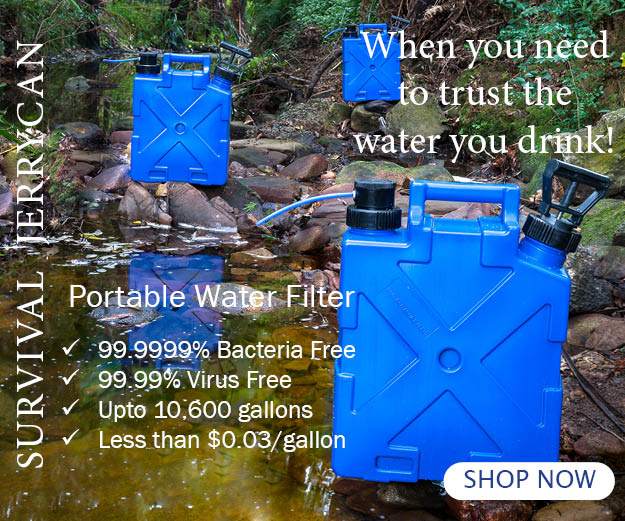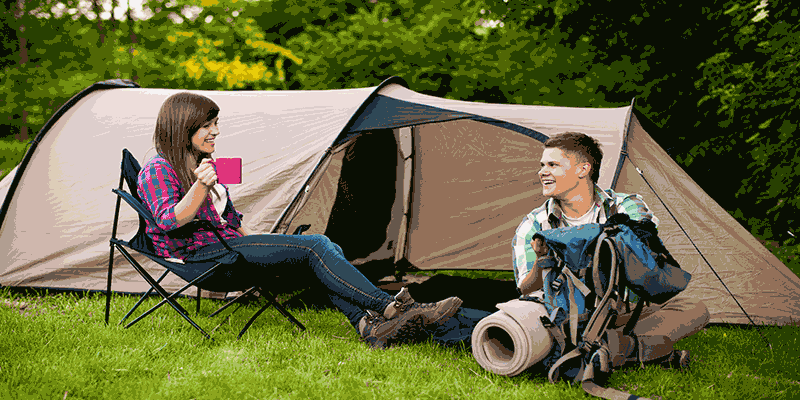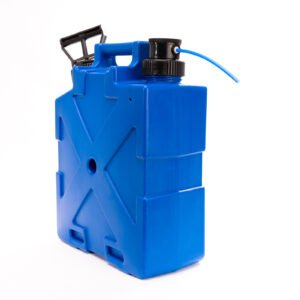No More Water Purification Tablets
Would You Use Harsh Water Tablets If There Were a Safer Alternative?
Sodium Dichloroisocyanurate, a component of some water purification tablets, is the same substance used for disinfecting swimming pools. While in water tablet form it is diluted, warnings include ‘irritating to eyes and respiratory system’ ‘harmful’ ‘burns’ ‘sore throats’ ‘contact with acids liberates toxic gas’ etcetera. While its warning ‘harmful to aquatic organisms, it is a key compound used in water tablets. While there are instances when it or a similar compound simply must be used, why would you if you didn’t have to?
On most occasions when you’re traveling, your need is to have safe drinking water. There is a need to ensure that the water you drink is pure. In third-world municipal tap water, this is often questionable. It is each person’s responsibility to ensure you have safe drinking water. More than likely, the water in these areas is from rivers, streams, wells, lakes, or pond water to contain dangerous pathogens.
Historically, water purification tablets have been used. Ther contain a chemical armory of a water purifying tablet that can include tongue twisters such as sodium carboxy-methylcellulose, polyacrylamide, sodium carbonate, and aluminum sulfate. Often it could be sheer overkill and dangerous for your body, When Sure Aqua products chemical-free water filter will do the job perfectly.
Water purifying tablets often come with advice to use in the short term only and include a warning to “Keep Out of Reach of Children,” whereas, with Sure Aqua, we want kids to love using our water drinking devices. Because each water is chemical-free, they can.
Choosing the Right Water Treatment for Each Application
There are many different types of water purification systems on the market. Pump action filters, units worth hundreds of dollars designed to purify extreme biological contamination, liquids that use components such as sodium hypochlorite yet may not filter out dangerous Cryptosporidium, water purifier tablets, and reusable Sure Aqua products filter straws providing a pocket-sized yet powerful drinking water purification system for up to 500 liters (132 gallons).
The Sure Aqua products are high-quality water filtration straws, yet we acknowledge in some instances more aggressive water sanitation may need to be used in conjunction with Sure Aqua products. A water purification tablet is best used against waterborne viruses, such as Hepatitis, and chemical contaminants, yet are ineffective against Giardia and Cryptosporidium, which are filtered out effectively by Sure Aqua products.
Sure Aqua products Manufactured to Worldwide Water Filtration Standards
Sure Aqua drinking water filter straws were tested by a laboratory approved by the international accreditation body, NATA (National Association of Testing Authorities) to be successful against waterborne disease-causing bacteria, e-coli, staphylococcus, Cryptosporidium, Giardia, coliforms, and more.
Laboratories worldwide test for 0.4 to 0.45-micron filter capability – Sure Aqua products water filter straws are 0.2 microns, coming inside worldwide portable water filtration standards.
Now there’s a safer, chemical-free alternative to water tablets, why wouldn’t you use it.




